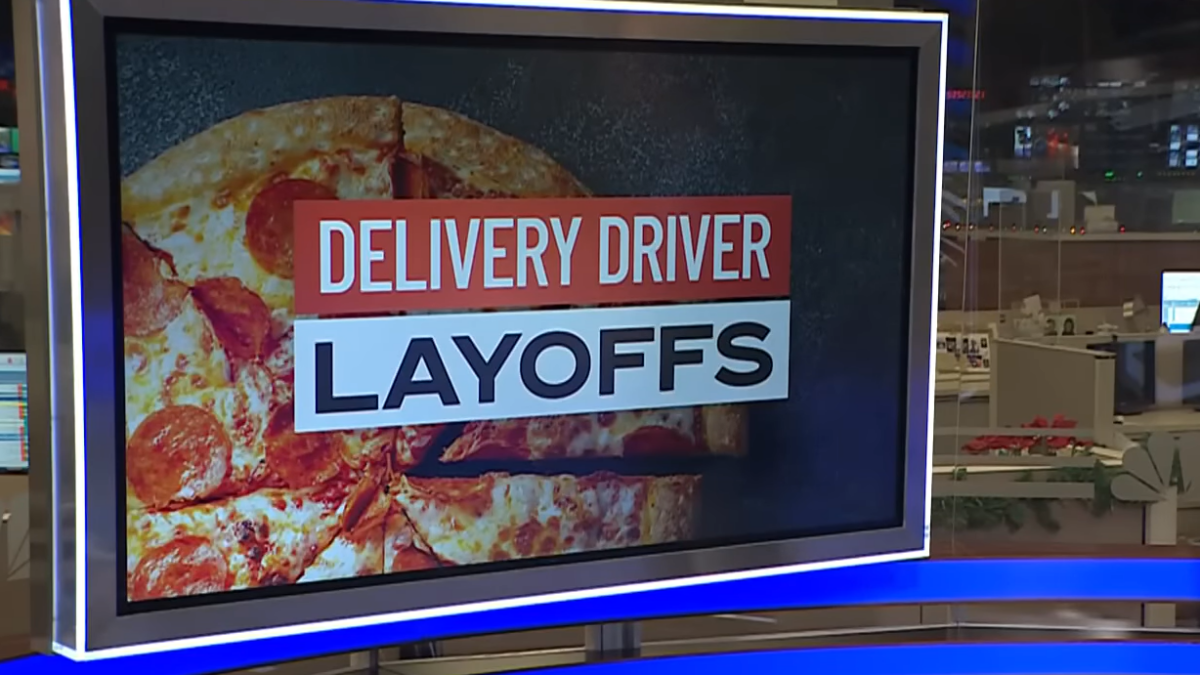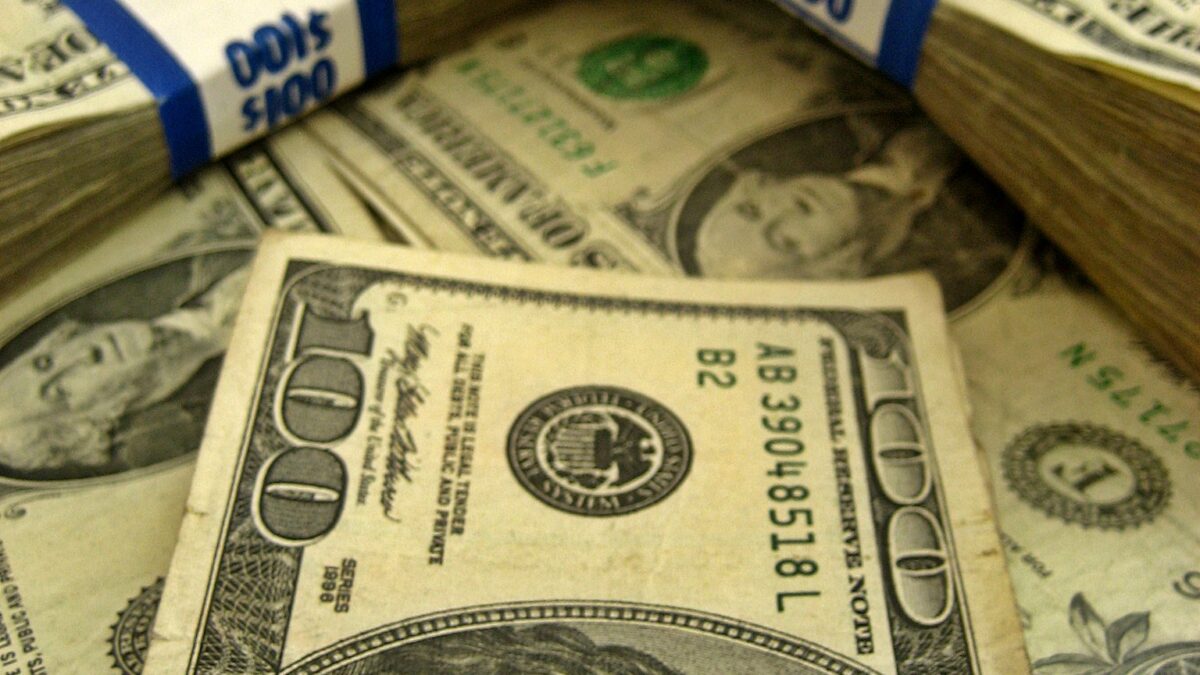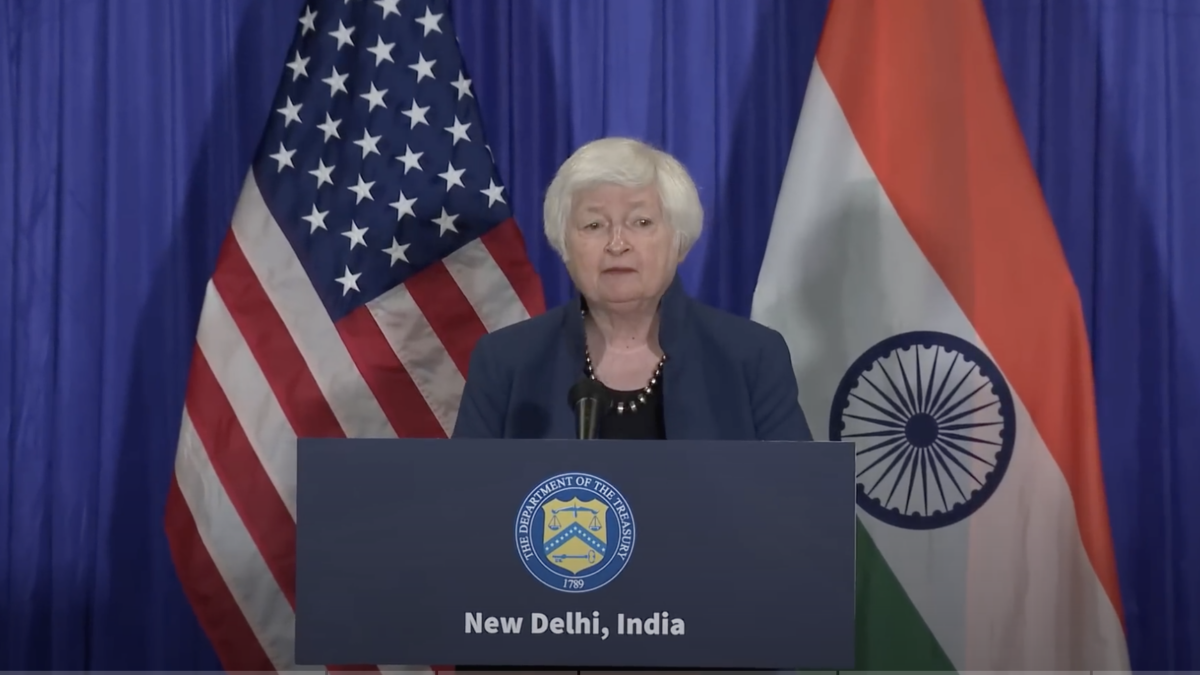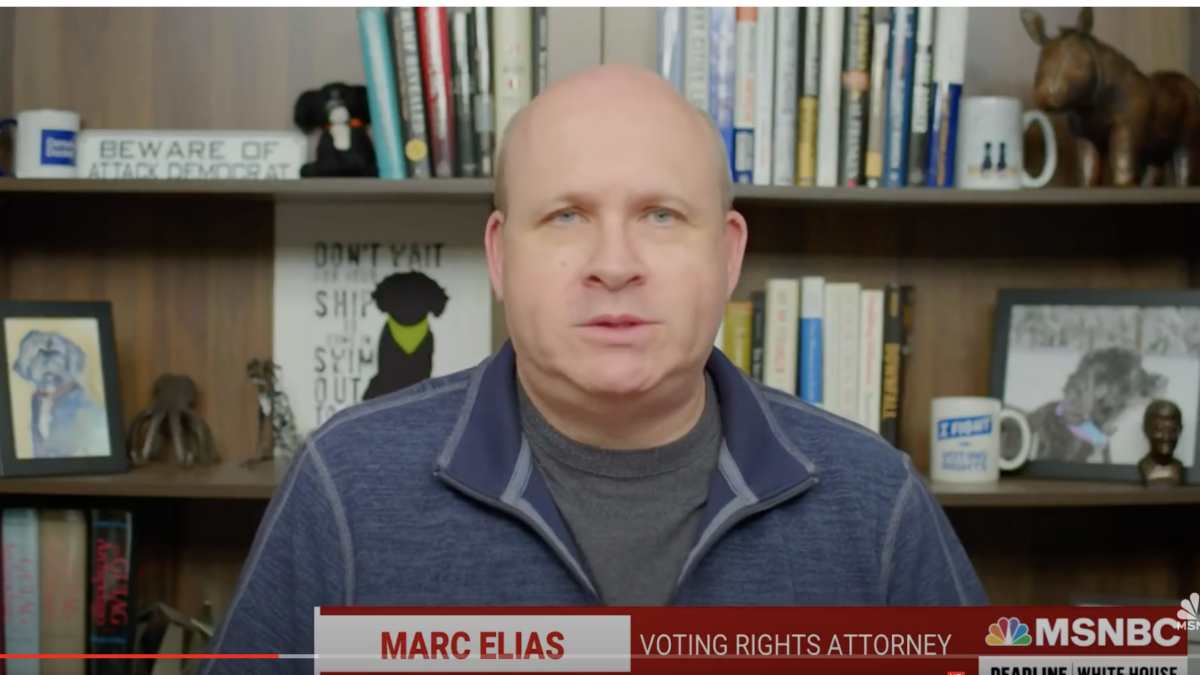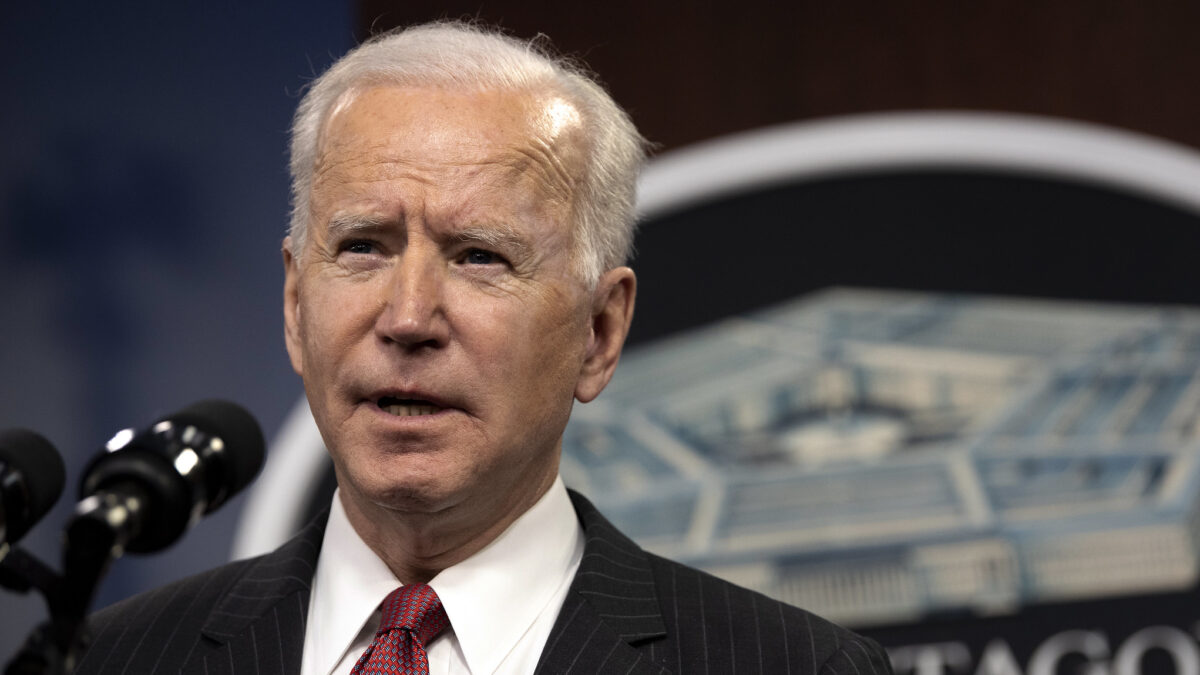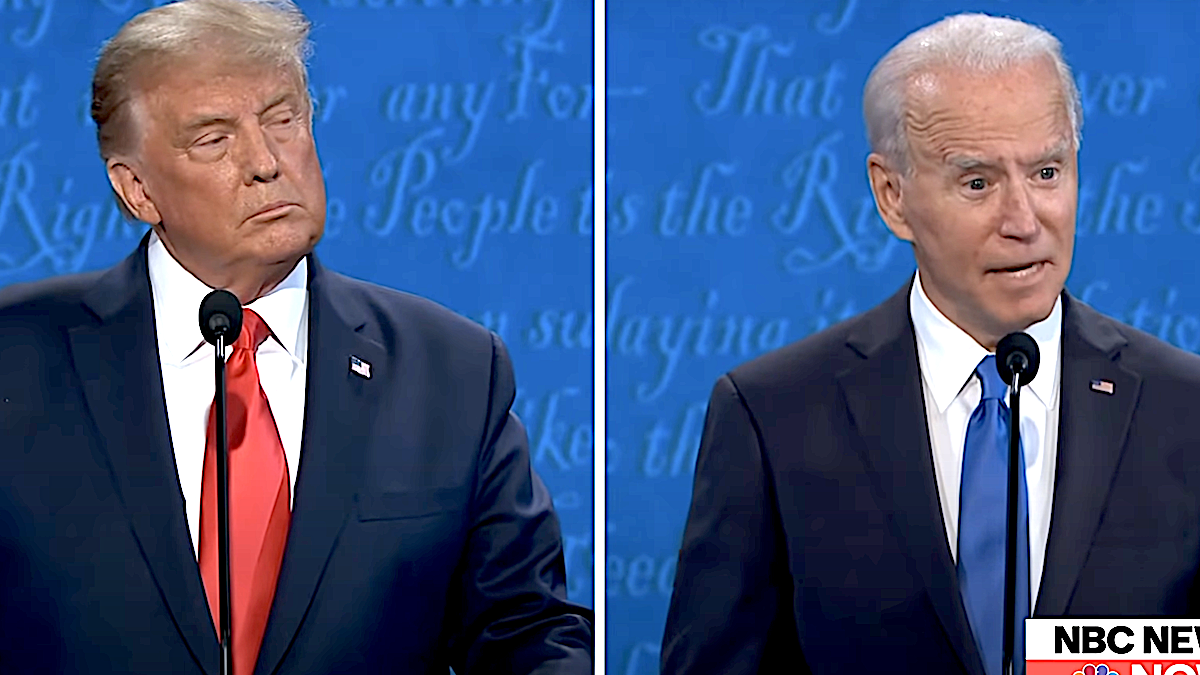Residents in the Golden State are learning a basic yet painful lesson in economics: If you tax something, you get less of it.
That’s the upshot of reports from over the holidays that California restaurants have begun furloughing workers in response to an impending statewide mandate taking effect in April. At that point, fast-food establishments will have to pay a $20 minimum wage — up nearly 30 percent from the state’s current $15.50 per hour.
The California example provides practical confirmation of the theories behind a separate Congressional Budget Office (CBO) report on federal legislation increasing the minimum wage: namely, that hiking mandated wages encourages firms to operate more efficiently — by laying off and replacing workers.
Outsourcing and Price Increases
Approximately 1,200 Pizza Hut delivery drivers got a very unhappy present just before Christmas. Two franchisees told them they would lose their jobs due to the higher minimum wage. In a notice to federal authorities publicizing the layoffs, the franchisees said they had “made a business decision to eliminate first-party delivery services and, as a result, the elimination of [sic] all delivery driver positions.”
In other words, the restaurants are outsourcing their delivery options to places like DoorDash, Uber Eats, and GrubHub to avoid paying more workers the higher minimum wage. That change may help Pizza Hut minimize the cost effect of the new California mandate, but it could sock customers with additional charges and fees imposed by the new third-party delivery services.
Likewise, Business Insider reported that chain restaurants like Chipotle and McDonald’s have “planned to pass the costs of higher wages in California to customers by raising menu prices.” In other words, if the pain of “Bidenflation” over the past three-plus years hasn’t already proved enough for Americans to handle, California families will have to dig still deeper into their wallets for a heretofore inexpensive meal treat.
Federal Mandate Will Increase Unemployment
The stories out of California come on the heels of the report CBO issued in December on a federally imposed minimum wage. The budget gnomes examined the potential effects of passing legislation to raise the federal minimum wage, in increments, up to $17 in July 2029.
While the budget office did conclude that net wages paid would increase overall, and the number of people in poverty would decline slightly, these changes would come at the cost of several important economic factors:
- Higher wages would increase employers’ costs for producing goods and services.
- Employers would pass some of these increased costs on to consumers in the form of higher prices.
- Those higher prices, in turn, would lead consumers to purchase fewer goods and services.
- Employers would consequently produce fewer goods and services, and, as a result, they would tend to reduce their employment of workers at all wage levels.
Less consumption and higher inflation — not exactly hallmarks of economic strength.
In addition, CBO estimated that the projected increase in unemployment (700,000) would exceed the reduction in the number of individuals in poverty (400,000). Half of the 700,000 who become unemployed due to the minimum wage rise would drop out of the workforce, CBO estimates. “Younger, less educated people would account for a disproportionate share of those reductions in employment,” according to the report.
The Deficit Would Rise Too
The fiscal effects of a federal minimum wage increase would also prove damaging, according to the CBO report. Overall, deficits would rise by an estimated $46.3 billion over 10 years. Among the major effects, there would be higher spending on Medicare, Medicaid, and Obamacare payments caused by rising health care prices (nearly $30 billion). Additional spending on unemployment compensation (just under $15 billion) would outweigh any increase in payroll and income tax revenue from people earning higher wages.
Leftists may claim that a deficit increase of “only” $46 billion over a decade represents chump change in the larger scheme of things. But with the federal government already over $34 trillion in debt, and CBO projecting that a minimum wage increase would also cause interest rates to rise, the legislation introduced by Sen. Bernie Sanders, I-Vt., represents yet another socialist scheme that Americans can’t afford.
Everyone Pays in the End
Just like the Pizza Hut workers before Christmas, Californians will soon find the truth in the adage that there is no such thing as a free lunch. Higher prices and layoffs will accompany the new statewide restaurant mandate, just as they would if Congress accedes to a national minimum wage hike.
Instead, lawmakers would fare far better by cutting wasteful government spending to stop the soaring inflation that has eaten into American workers’ paychecks over the past several years. That effort wouldn’t just amount to giving Americans a raise — it would also improve our increasingly bleak fiscal future.
